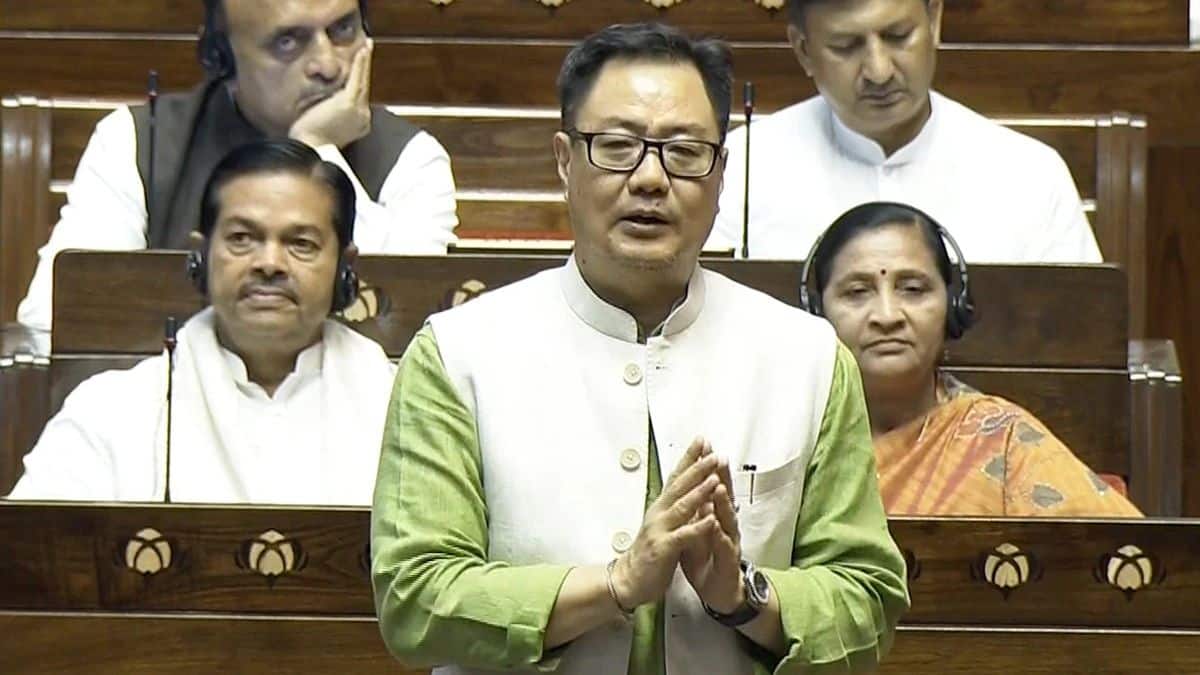The Waqf (Amendment) Bill, 2024 in the Lok Sabha has been introduced by Union Minority Affairs Minister Kiren Rijiju. The proposed Bill seeks to amend the Waqf Act of 1995, which was previously updated in 2013, by incorporating approximately 40 significant changes.
Key amendments in the Bill include a revised definition of “waqf” under Section 3(r), which now requires that the person creating a waqf be a practicing Muslim for at least five years. Additionally, the Bill introduces provisions for waqf-alal-aulad, allowing income from these endowments to be used for specific purposes like education and welfare when the original beneficiaries are no longer present. Section 3(da) introduces a new role of Collector to oversee some responsibilities previously managed by the Auqaf Board.
The Bill also outlines new regulations for waqf properties under Sections 3A, 3B, and 3C, including mandatory registration and a portal for filing details. It proposes changes to the previous role of Survey Commissioner, replacing it with the Collector. The amendments also introduce measures to prevent wrongful declaration of government properties as waqf and mandate a 90-day public notice before updating land records.
A significant change is the proposal to allow suits challenging the decisions of the Waqf Tribunal within two years of the publication of the list of waqf properties, as opposed to the previous provision where decisions were final after publication. The Bill also revises the constitution of the Central Waqf Council and the Board of Auqaf, including requirements for gender and religious representation.
Despite these proposed changes, the Bill has faced strong opposition. Members of Parliament, including K.C. Venugopal from Kerala, Sudip Bandyopadhyay from Kolkata, and Kanimozhi Karunanidhi from Tamil Nadu, have criticized the Bill as “draconian” and in violation of constitutional and federal principles. They argue that the Bill was introduced without adequate consultation and must be referred to a Parliamentary Standing Committee for further review.
In response to the intense debate, the Lok Sabha has referred the Bill to a Joint Parliamentary Committee for a comprehensive examination.

